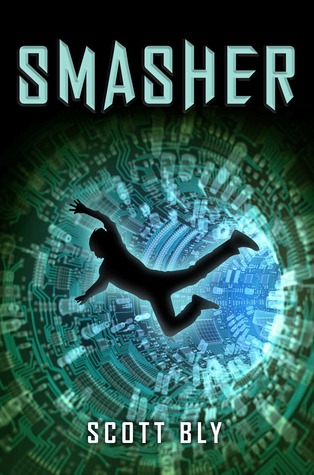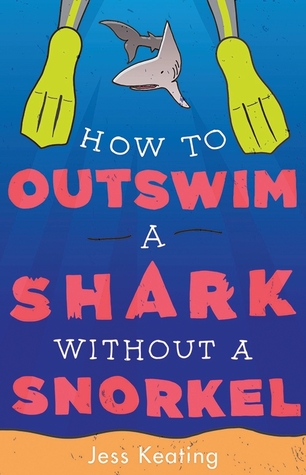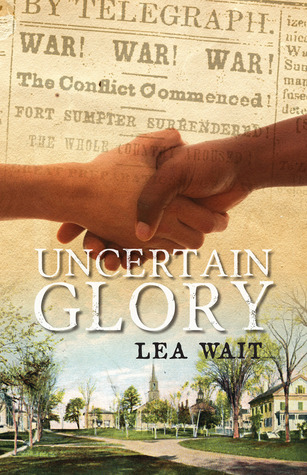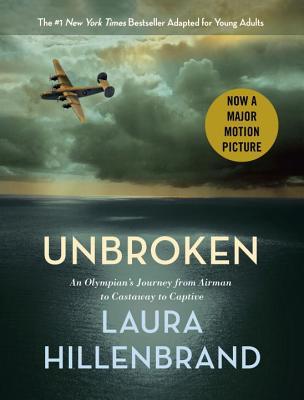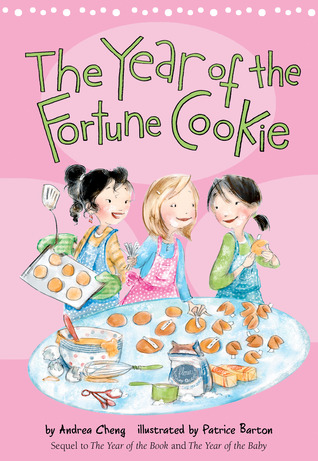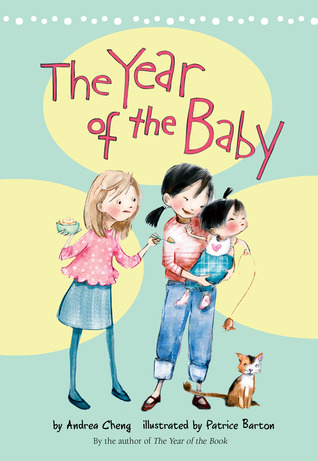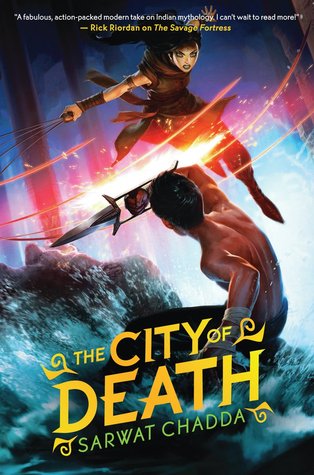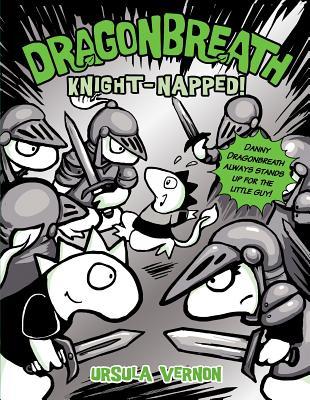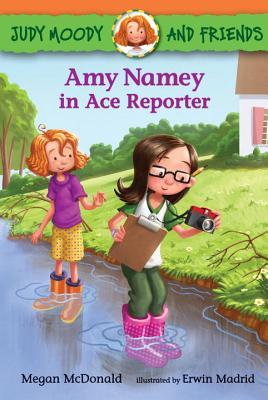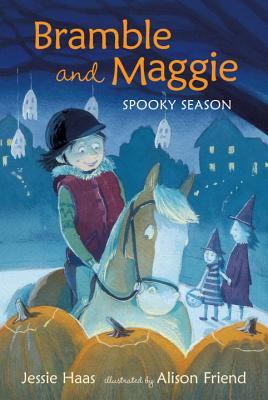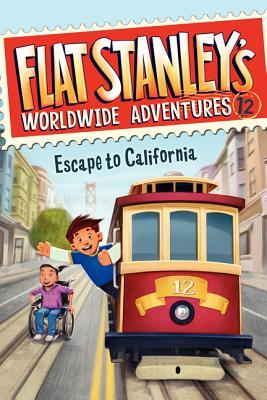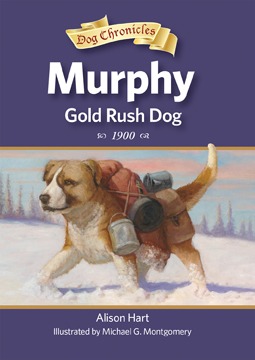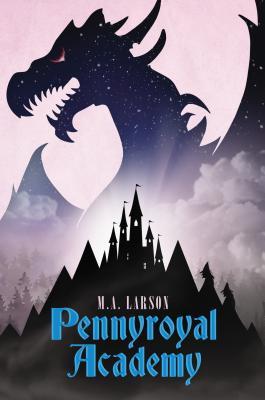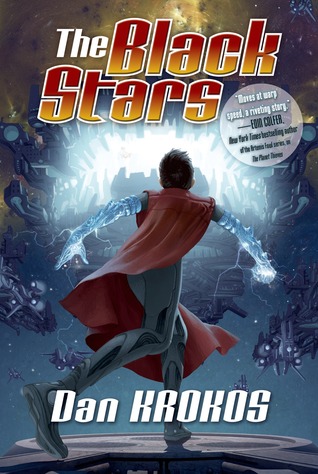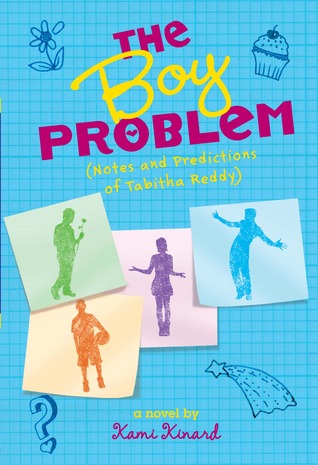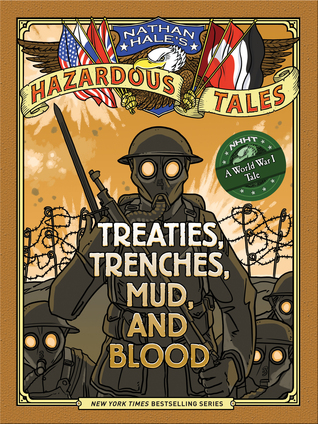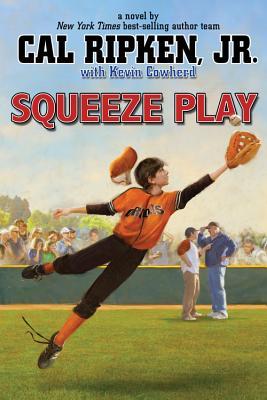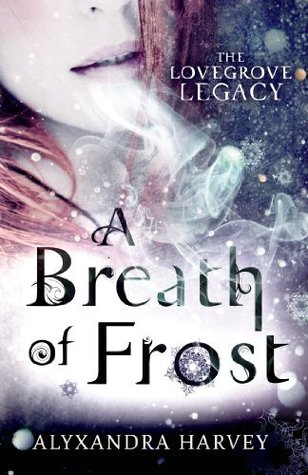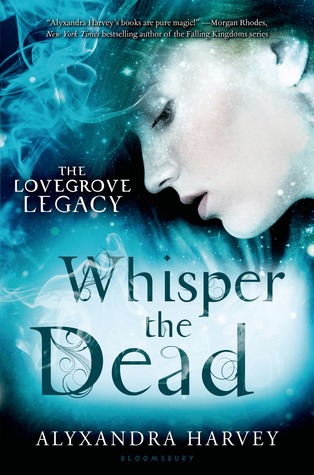 Hill, Kirkpatrick. Bo at Iditarod Creek
Hill, Kirkpatrick. Bo at Iditarod CreekDecember 9th 2014 by Henry Holt and Co. (BYR)
E ARC from Netgalley.com
In this sequel to Bo at Ballard Creek, Bo, her new brother Graf, and her papas Jack and Arvid must move from their small town of Ballard Creek to Iditarod Creek, where the men have jobs in a mining operation in about 1930. The trip is long, and involves passing a ghost town and a boat with a gramophone on it! Once they arrive, the family sets up shop in a house in a town where mining sometimes dictates that houses be moved, giving the whole place a haphazard air. Bo has to explain her story to all of the new people that she meets, such as the Japanese gentlemen who run the town laundry, and the few children who are in town. She meets another boy, Renzo, whose father works at another mine, as well as Nita and her daughter, Paulie. Eventually, Bo has to be signed up for school, and the papas get an opportunity to leave the mine business and live on land that is not ruined by the mining industry, leaving room open for another sequel.
Strengths: Like the first book, this is a charming story about community and family, rich with details about life in the Alaskan wilderness. There are all kinds of diversity, from Jack, who is African-American, to various native Alaskans, to Renzo, who is Italian. The E ARC didn't show the LeUyen Pham illustrations, which I am sure are delightful.
Weaknesses: The first book is a hard, hard sell at my school, and since Bo is about 6, this would be better suited for younger readers. However, there is a lengthy discussion of why "nigger" is a bad word, several mentions of women who are "bitches", and occasional mentions of women being "good time girls", all of which seems like not a good match for the target demographic. I found the use of the term "Dago Charlie" especially offensive; growing up in a largely Italian community, I was always told that this was an offensive term, but there was no mention that this was an ethnic slur.
